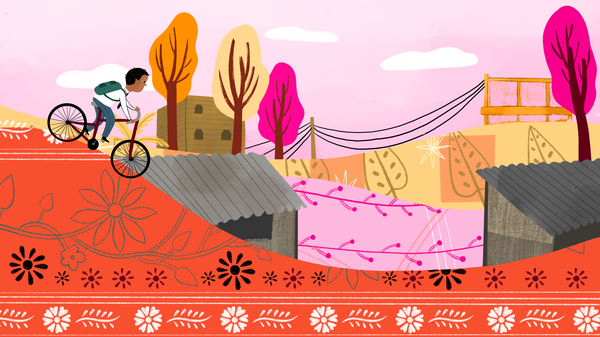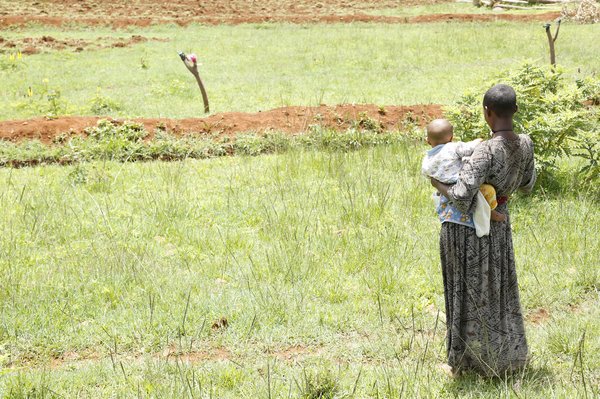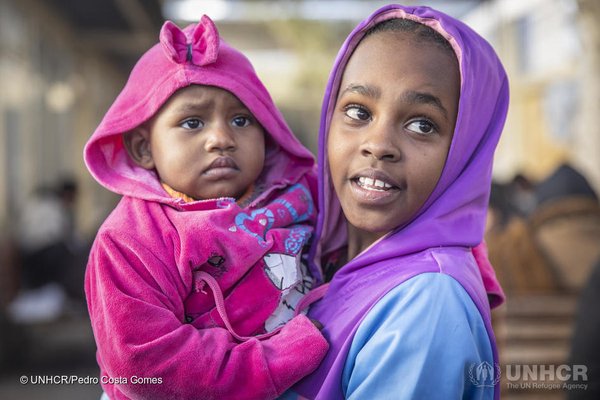
Migrant children in Zimbabwe at Musina shelter in South Africa. Simon Davis / UKaid / Department for International Development. CC BY-NC-ND 2.0.
This discussion paper was originally published via the United Nations University Centre for Policy Research. Find the original post here.
Introduction
Migration profoundly affects the lives of children, both those who move and those who do not. The phrase “left behind children” is often used to refer to those children who remain in their home country when their parents migrate to another country. It can also be applied to children whose parents have migrated internally, for example between rural and urban areas.
Based on research and analysis undertaken as part of the Migration for Development and Equality (MIDEQ) Hub, this discussion paper challenges the dominant policy and practice narratives in relation to children whose parents have migrated without them, and specifically, the framing of these children as “left behind.” Our concern with the use of this term is that it implies that children are abandoned, especially in the context of mothers migrating, and that they are passively living with the migration process and its consequences. We argue instead that migration in the Global South is part of a household livelihood strategy which children can participate in and understand – and from which they often benefit.
Drawing on case studies highlighting the varied experiences of children whose parents have migrated without them from four very different migration contexts in the Global South – Burkina Faso, Egypt, Ethiopia, and Nepal – this paper argues for, and uses, the term “stay back” to describe children in migration households who do not move with their parents or primary, traditional, or customary carers.
This term better encapsulates these children’s realities. The paper concludes with reflections on what this rethinking of the concept of left behind children might mean for policy interventions intended to reduce childhood-related inequalities in contexts of migration.



